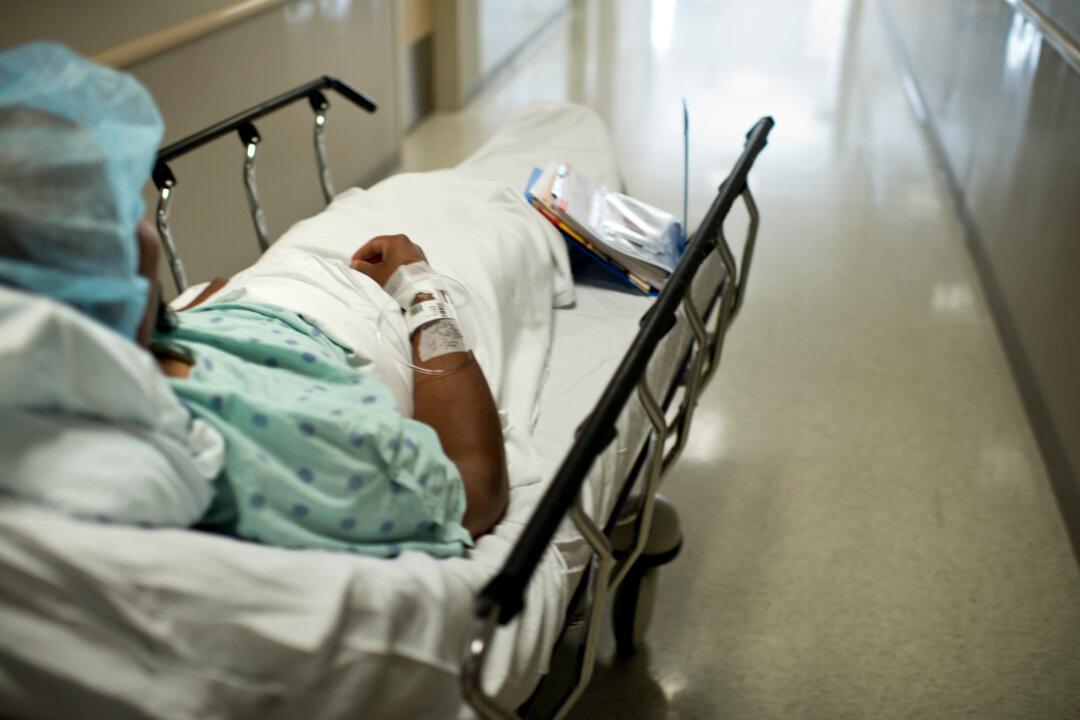One medical part of the Affordable Care Act has not sparked outrage, or Supreme Court cases, or congressional efforts to repeal it. It’s an alphabet soup of medical and financial terms and acronyms, but in English, it means paying doctors and hospitals to help us get well, instead of blindly paying them for office visits and procedures. The idea is to pay for quality, not just quantity. The hope is to provide quality care at a lower cost.
The idea is to pay for quality, not just quantity.





